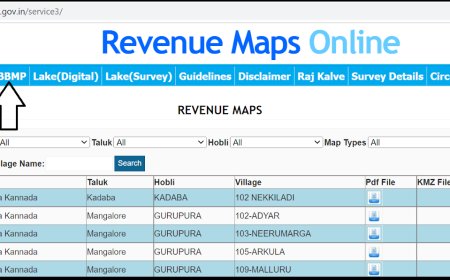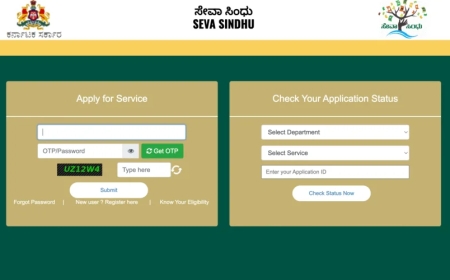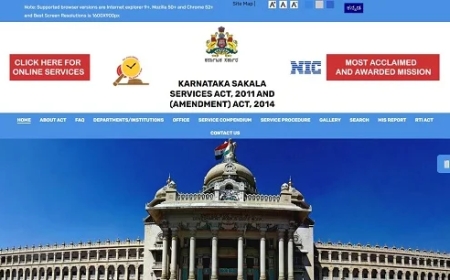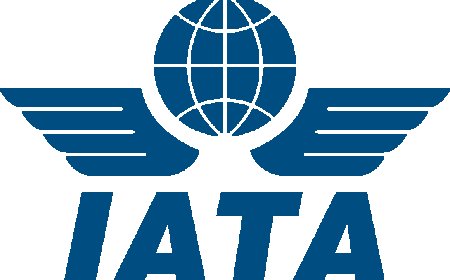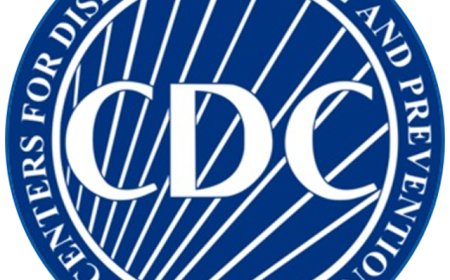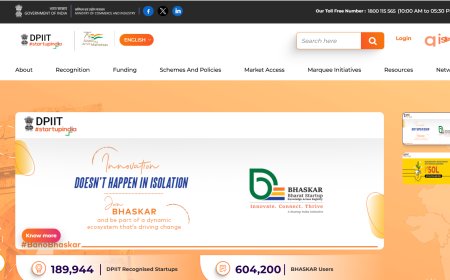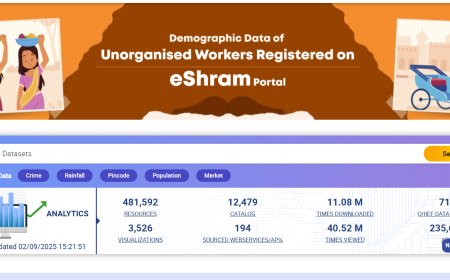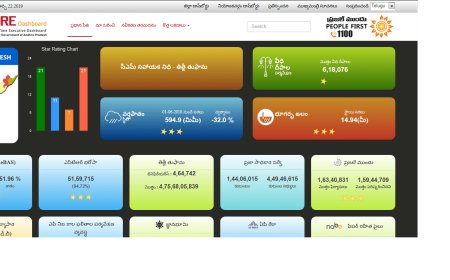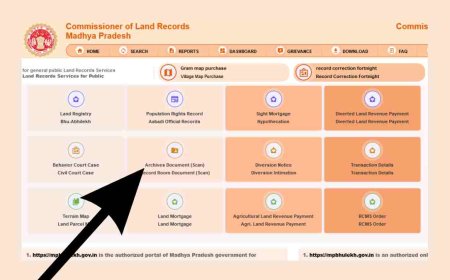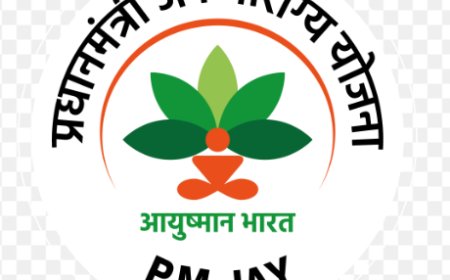Why risk management is essential for the next generation of sustainability professionals
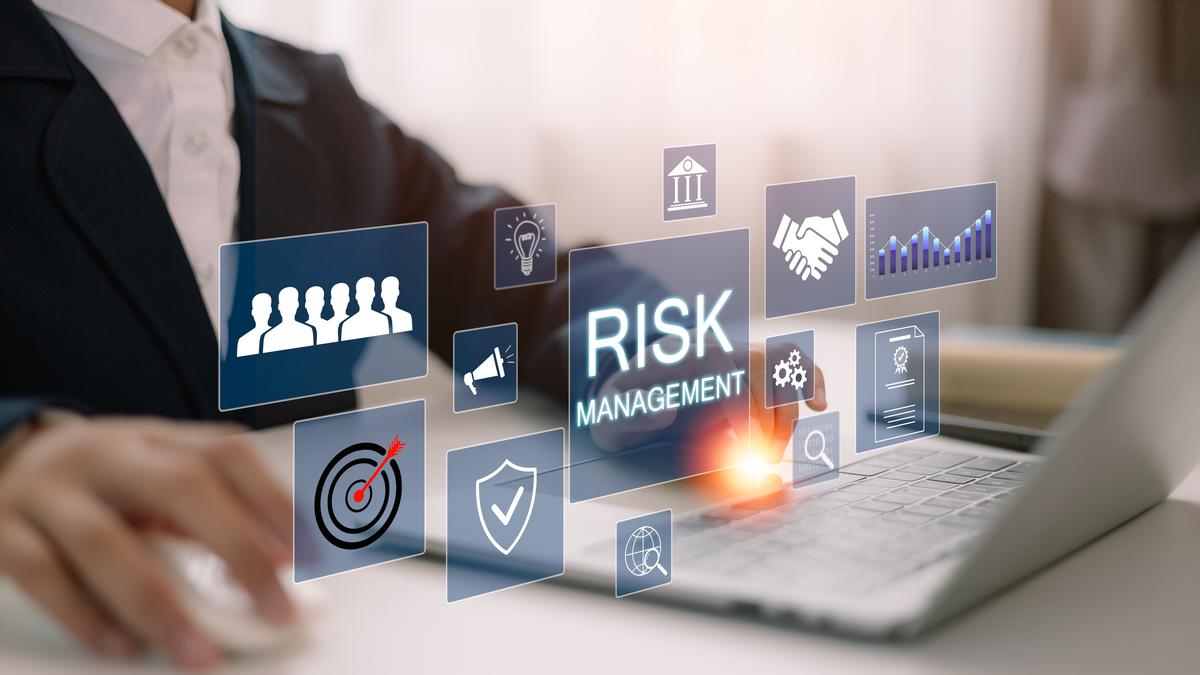
India’s green transition is not just a national imperative; it is also a career defining opportunity. The World Economic Forum’s white paper titled Mission 2070: A Green New Deal for a Net Zero India estimates that India’s transition to a net zero economy can create over 50 million jobs. As businesses prioritise climate and environmental responsibilities, the demand for professionals equipped in navigating risks — be it extreme weather events, policy uncertainty, or reputational damage — is rising.
Further, the future of work demands a strong understanding of sustainability principles and climate risks across sectors like infrastructure, finance, manufacturing, agriculture, urban planning, and more. Against this backdrop, sustainability and climate risk management is emerging as a promising career path for students looking to drive change and build future-ready careers.
Right foundation
Climate risks are increasingly complex and businesses are actively seeking skilled talents to manage them. This creates a strong opportunity for talent across geographies, including Tier 2 and 3 cities, to build the right skill foundation and access opportunities not just in India, but across global markets.
This can be done through pursuing industry-recognised programmes like the Sustainability and Climate Risk (SCR) certificate or Financial Risk Manager (FRM) certification that equip one with practical tools to identify, assess, and manage evolving climate challenges. An MBA or globally recognised postgraduate programmes can further enhance credentials and boost job prospects.
At the undergraduate level, options include B.Sc. in Environmental Science and Sustainability or Environmental Studies or B.Tech. in Climate Change. Some institutions offer integrated B.Sc.–M.Sc. programmes focused on climate change. At the postgraduate level, programmes such as M.Sc. in Climate Change and Sustainability or Environmental Change and Sustainability, or MTech. in Atmospheric and Climate Sciences. There are MBA programmes focusing on sustainability and climate risk management as well.
Candidates must pair academic knowledge with skills like critical thinking, climate systems awareness, and familiarity with sustainability frameworks. Understanding policy, aligning environmental impact with business goals, and effective communication and decision-making abilities are now essential for standing out in this competitive, high-impact domain. Internships at think tanks or NGOs, capstone projects on local climate issues, and student-led research like flood vulnerability modelling can bridge the gap between theory and practice. Participating in hackathons, industry events, and leveraging case-based resources and simulations further deepens understanding while enhancing career readiness.
Job roles
As companies embed sustainability and climate risk into core strategy, new roles are emerging such as:
Climate risk analyst: For those who are interested in building a career in infrastructure, agriculture, or energy sectors.
Sustainable financial risk advisor: For students who are keen on working with investment firms, or advising on financial aspects of sustainability strategies, devising sustainable finance frameworks and so on.
ESG and sustainability risk consultant: For individuals who want to support businesses in aligning their operations with evolving environmental and social frameworks or standards.
Disaster and resilience planner: For students interested in exploring design adaptation strategies for communities, particularly across geographies which are vulnerable to climate shocks.
Corporate risk and governance specialist: For those who want to support organisations in integrating sustainability metrics into business continuity planning.
Commercial banks, insurance companies, investment firms, big consultancies and advisory firms, large conglomerates, and manufacturing companies require talented and skilled risk professionals. There are opportunities in start-ups, intelligence and data firms, international organisations, social impact firms, NGOs and others.
In this volatile world, individuals who can anticipate and manage risks will be in demand. For those who want to build a rewarding career that is also meaningful, climate risk management education is a way to build a solid foundation for long term growth and success.
The writer is the President of GARP Risk Institute.
What's Your Reaction?
 Like
0
Like
0
 Dislike
0
Dislike
0
 Love
0
Love
0
 Funny
0
Funny
0
 Angry
0
Angry
0
 Sad
0
Sad
0
 Wow
0
Wow
0


































